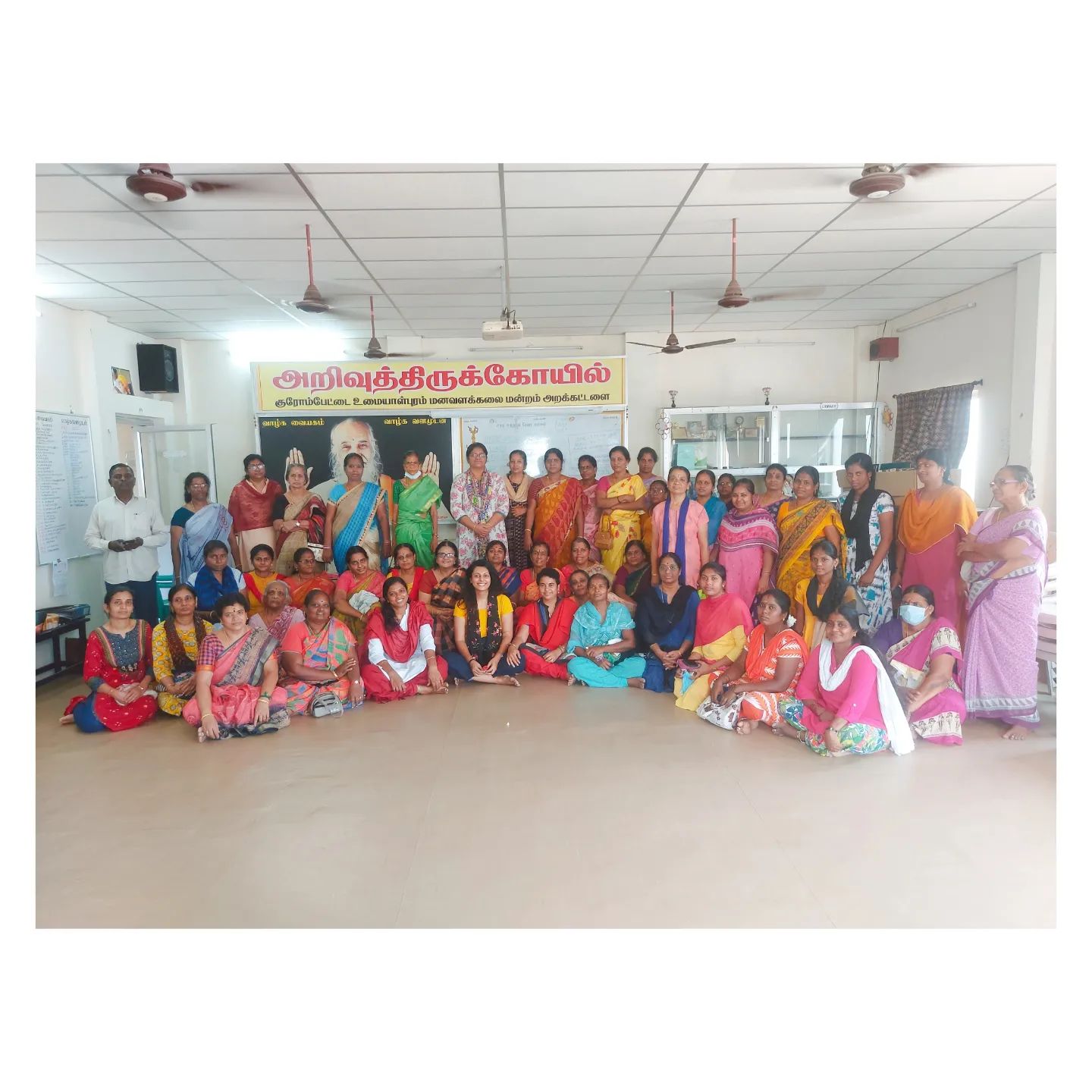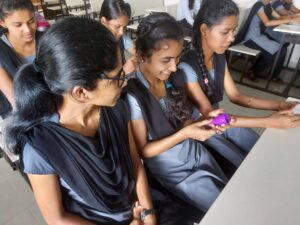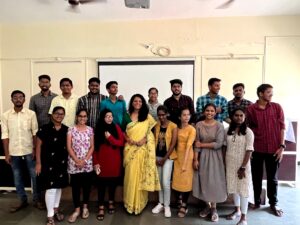Debunking Myths and Taboos Surrounding Periods and Temple Visits in India
Objective of PeriodCupCause:
The primary objective of the #PeriodCupCause is to promote menstrual hygiene awareness among both men and women. We also extend our support to underprivileged individuals who often struggle to afford menstrual cups, which are not readily available in local medical stores and are primarily sold online, limiting their accessibility. To fund our campaign, we organize informative sessions in various settings, including cities, organizations, schools, colleges, and privileged communities.
Introduction:
In India, menstruation has long been accompanied by myths, taboos, and restrictions, one of the most prevalent being the prohibition of menstruating women and girls from entering temples. While this practice has deep-rooted cultural and religious significance, it is essential to foster open discussions and understanding around it. Upasana Society NGO’s #PeriodCupCause aims to shed light on this topic, challenging stereotypes and advocating for personal choice and freedom.
The Ayurvedic Perspective:
Ayurveda, the ancient Indian system of medicine, delves into the principles of vata, pitta, and kapha – the three doshas that govern our bodies. It also acknowledges the flow of energy in the human system. According to Ayurveda, women and girls are advised not to visit temples during menstruation due to the belief that it disrupts the balance of these energies. Menstrual blood flows downward, towards the earth, while temple prana (energy) is said to affect the sukshma body (subtle body). However, it’s important to recognize that Ayurveda offers guidelines, not rigid rules, and that personal choice should always prevail.
Cultural Practices Reflecting Menstrual Rest:
Various cultural practices across India highlight the concept of granting rest during menstruation. For instance, the Kamakhya Temple in Assam remains closed for three days during the annual Ambubachi festival. It is believed that the goddess menstruates during this time, and the temple closure is a way to offer her rest. Similarly, during the Tulu festival in Karnataka, Mother Earth is thought to be in her earthly menstrual cycle and is given a three-day break. In Odisha, the Raja Parva, also known as the menstruation festival, is observed, and farmers refrain from plowing the land during this period, symbolically giving rest to the goddess of the earth.
Legal Reforms:
In recent years, legal reforms have aimed to challenge menstrual taboos. India’s Supreme Court, on September 28, 2018, lifted the ban on the entry of women aged 10 to 50 at the Sabarimala Temple, one of the largest Hindu pilgrimage centers globally. This historic decision emphasized equality regardless of age and gender, highlighting the importance of personal choice in religious practices.
The Power of Choice:
Ultimately, the choice to visit a temple during menstruation should rest with the individuals themselves. Menstrual status is a deeply personal matter, known only to the women and girls experiencing it. It is crucial to respect their faith, culture, and tradition, allowing them the freedom to decide whether they wish to follow these customs or not. This is not a battle against customs and religion; it is about individual belief and choice.
Conclusion:
#PeriodCupCause, by Upasana Society NGO, advocates for informed choices and respectful discussions around menstruation and related taboos. As we work towards menstrual hygiene awareness, we also promote the idea that faith, culture, and tradition should never be imposed but rather embraced as a matter of personal belief. Let us celebrate diversity, encourage open dialogues, and empower women and girls to make choices that are right for them.
To delve deeper into how #PeriodCupCause is making a difference and to get involved, visit the campaign’s page #PeriodCupCause. Together, we can combat period poverty and ensure that every individual can manage their menstrual health with dignity and confidence.




